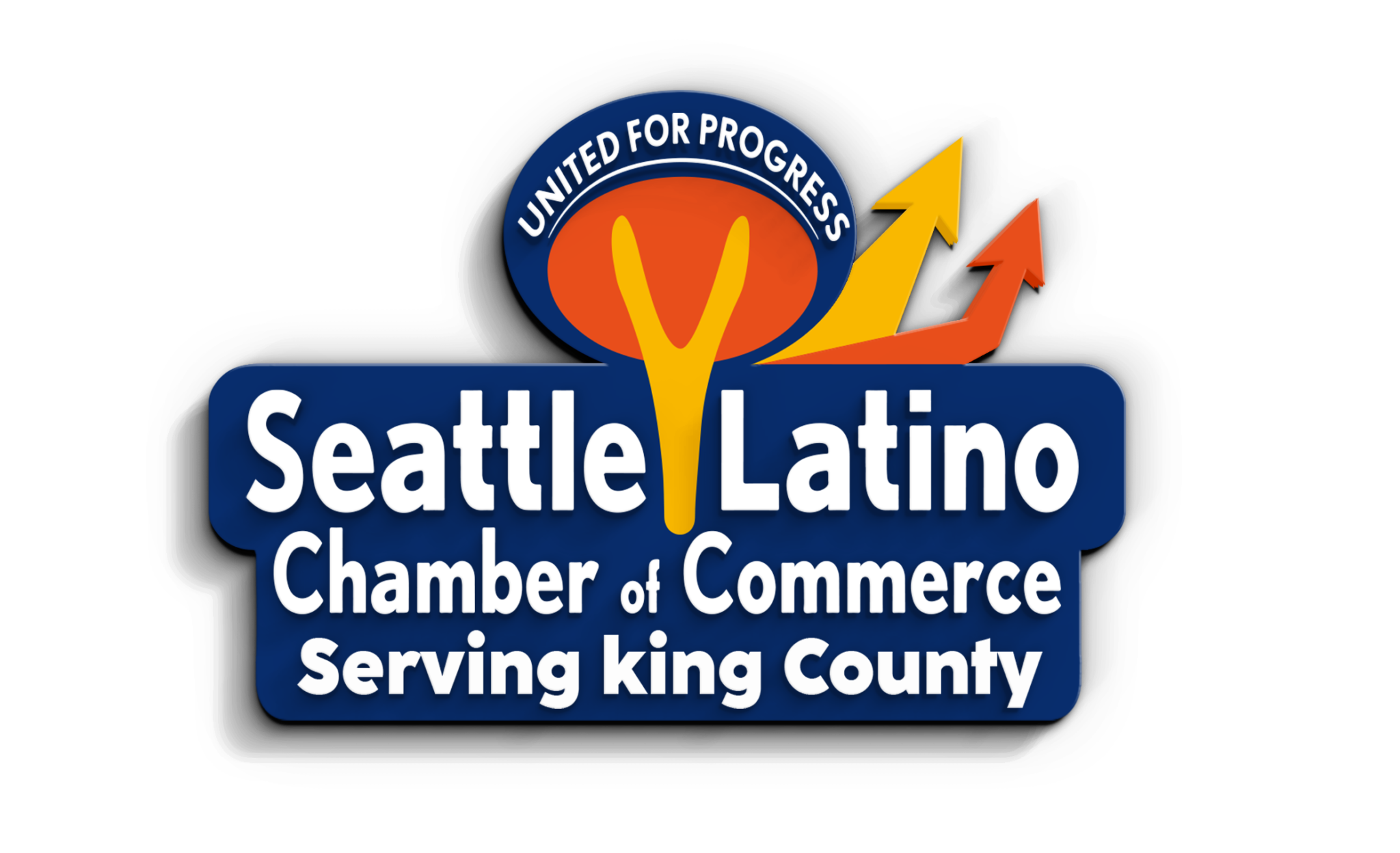In the United States, Latino-owned businesses are an integral part of the economy. Despite facing unique challenges, they have shown remarkable resilience and growth potential. A synergistic approach combining networking and advocacy emerges as a powerful strategy for driving their expansion and success.
The Rise of Latino Entrepreneurship
According to the U.S. Hispanic Chamber of Commerce, there are over 4.7 million Latino-owned businesses in the United States, contributing more than $700 billion to the economy annually. These figures, however, don’t fully capture the challenges Latino entrepreneurs face, such as limited access to capital and markets, language barriers, and fewer opportunities for business education and mentorship.
The Power of Networking
Networking plays a crucial role in business growth. For Latino entrepreneurs, it’s not just about building relationships but also about accessing resources and opportunities that might otherwise be unavailable. A study by Stanford University found that Latino business owners are significantly less likely than white owners to have a business network. They are also less likely to apply for loans due to a lack of relationships with financial institutions. This is where organizations like the Latino Business Action Network (LBAN) make a difference, providing Latino entrepreneurs with education, resources, and networking opportunities.
Advocacy: A Catalyst for Change
Advocacy is another critical factor in the growth of Latino businesses. Organizations like the National Association of Latino Community Asset Builders (NALCAB) and the United States Hispanic Chamber of Commerce (USHCC) play pivotal roles in advocating for policies that support Latino entrepreneurs. These include efforts to increase access to capital, push for fair lending practices, and create opportunities for government contracts.
Combining Forces: Networking and Advocacy
When networking and advocacy work together, they create a dynamic ecosystem where Latino businesses can thrive. Networking opens doors to new business opportunities, mentorship, and peer support, while advocacy ensures a more equitable playing field by influencing policies and practices that affect Latino business owners.
One illustrative example is the USHCC’s Legislative Summit, which brings together Latino business owners, corporate executives, and legislative representatives. This event serves as a platform for both networking and advocacy, allowing entrepreneurs to build connections while also voicing their needs and challenges to policymakers.
The Impact of COVID-19
The COVID-19 pandemic has disproportionately affected Latino businesses. According to a report by McKinsey & Company, Latino-owned businesses were more likely to report significant negative impacts from the pandemic. However, networking and advocacy have been instrumental in helping these businesses pivot and access vital resources like the Paycheck Protection Program (PPP).
Looking Ahead
As Latino businesses continue to grow, the synergistic approach of networking and advocacy will be crucial in overcoming challenges and seizing new opportunities. Supporting these businesses not only drives economic growth but also fosters a more inclusive and diverse business landscape.
In conclusion, networking and advocacy are not just support mechanisms but essential drivers for the growth and resilience of Latino businesses. By continuing to strengthen these areas, we can expect to see further expansion and success of Latino entrepreneurship in the American economy.
[Sources: U.S. Hispanic Chamber of Commerce, Stanford University, Latino Business Action Network, National Association of Latino Community Asset Builders, United States Hispanic Chamber of Commerce, McKinsey & Company]








